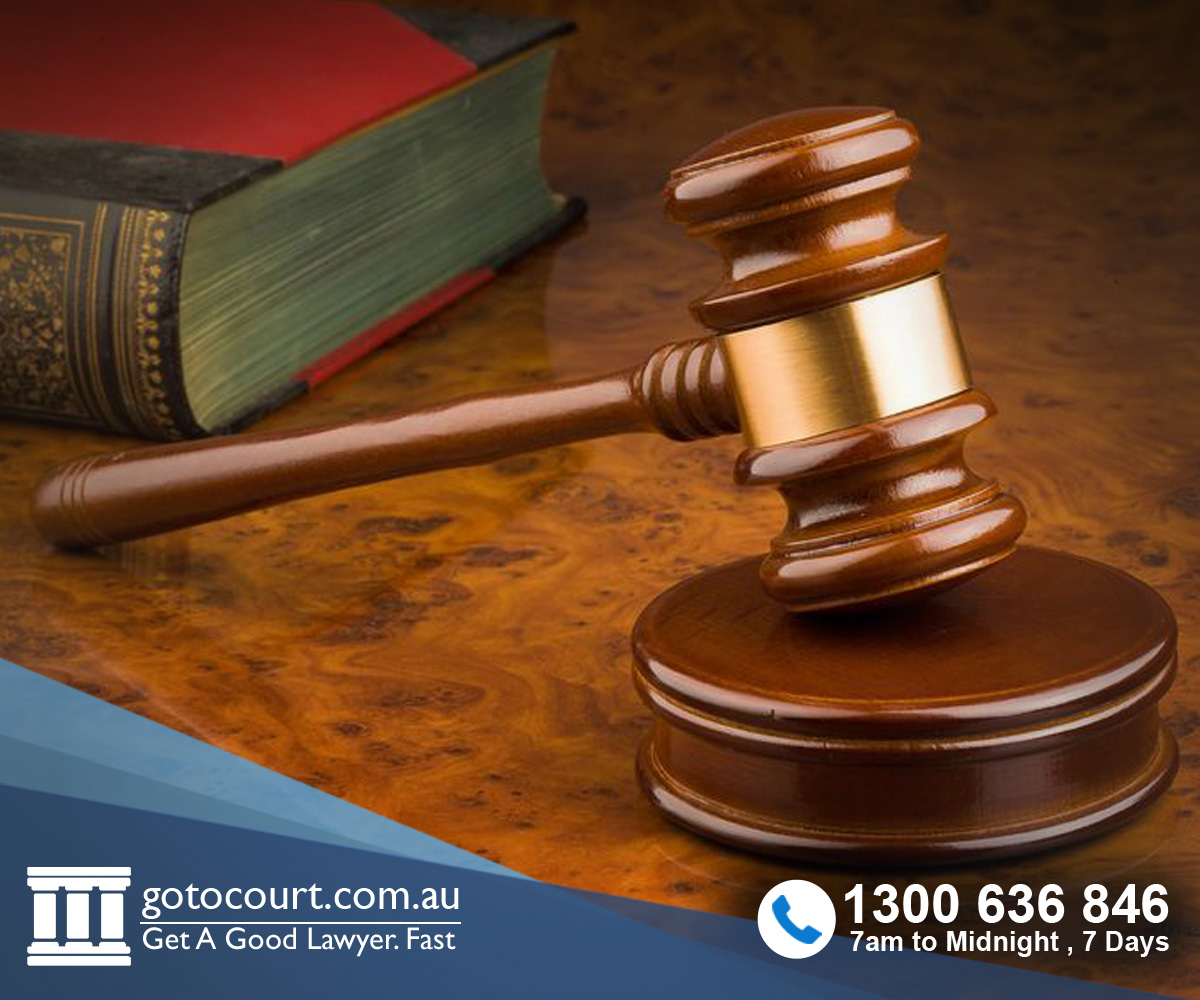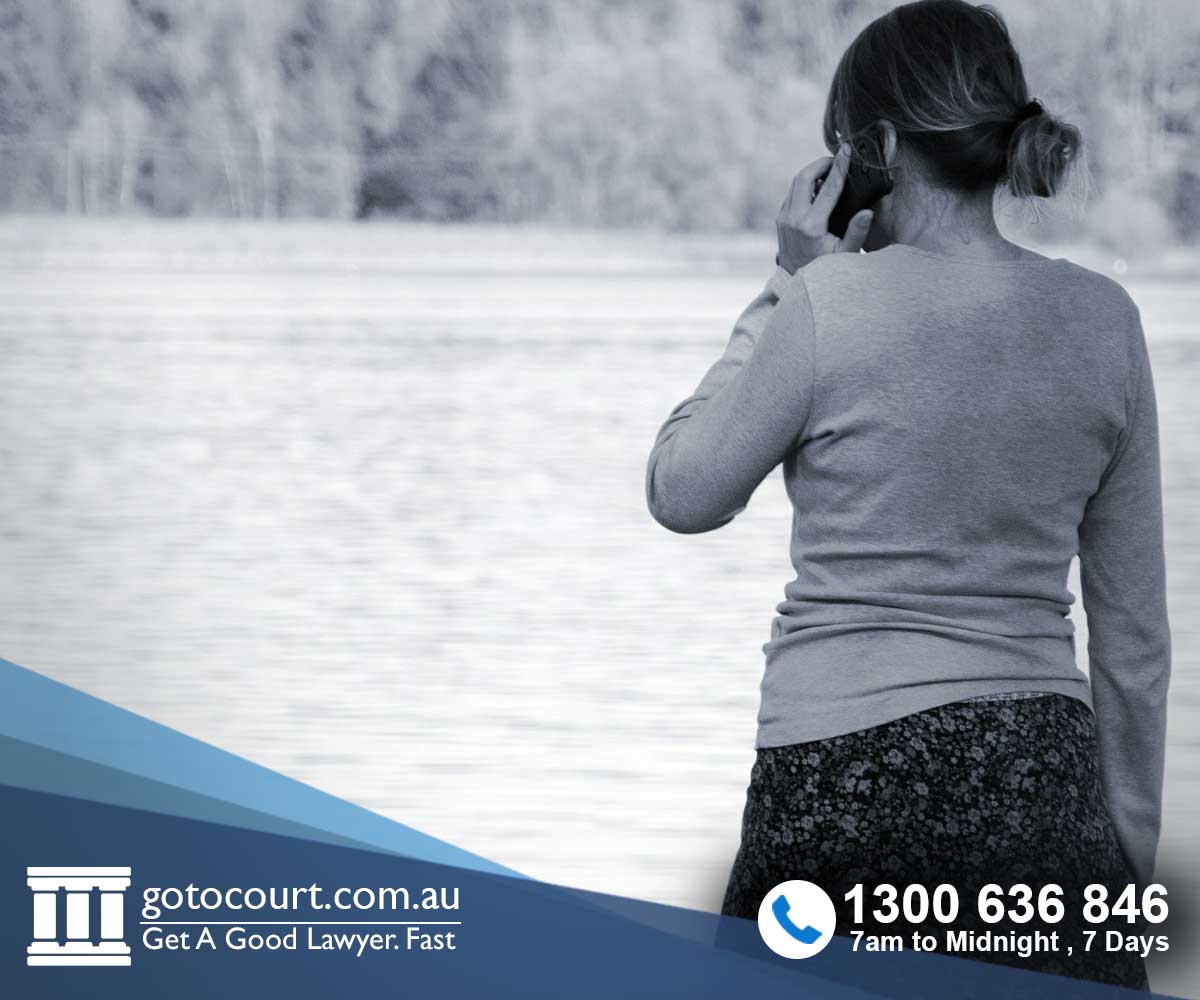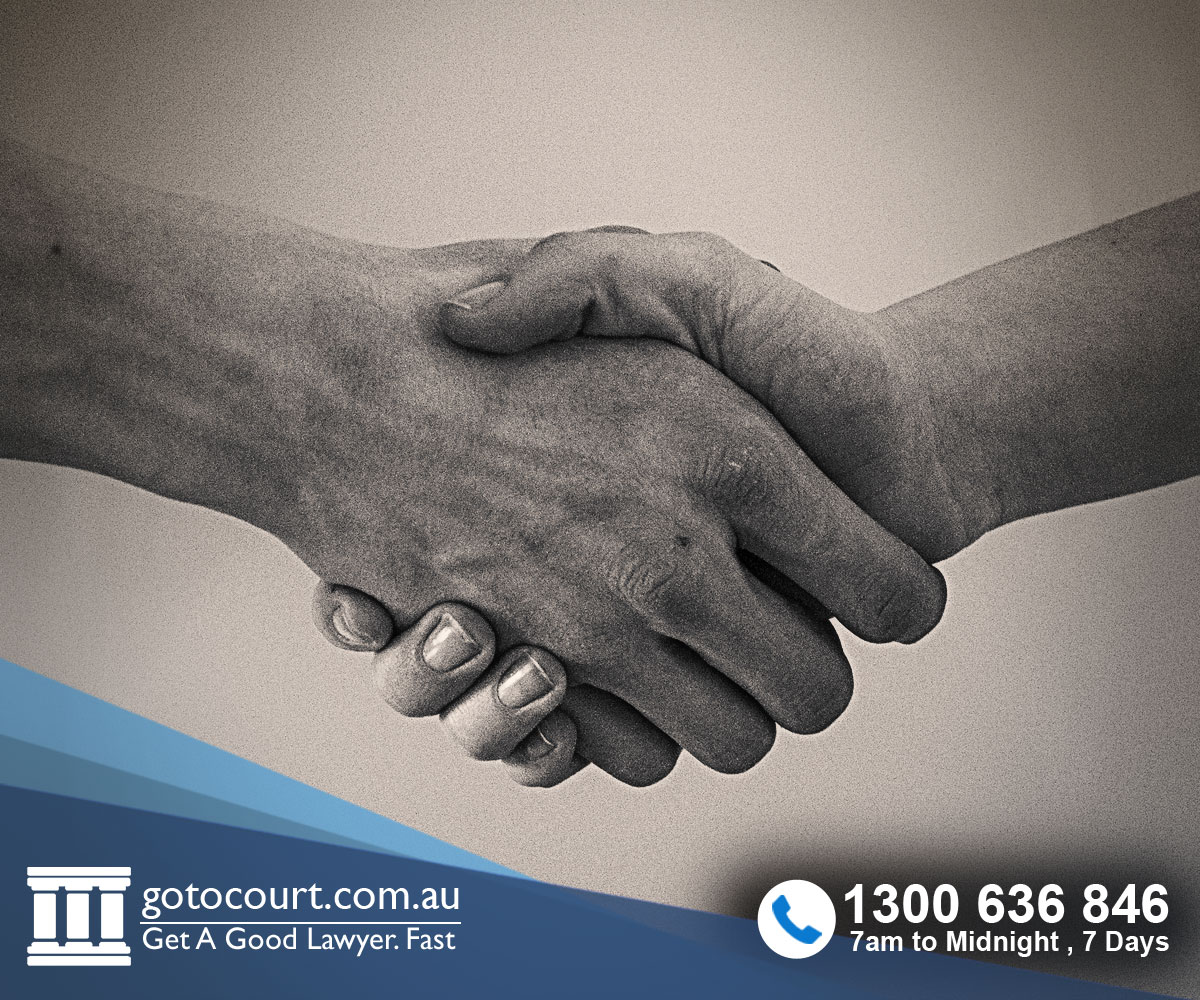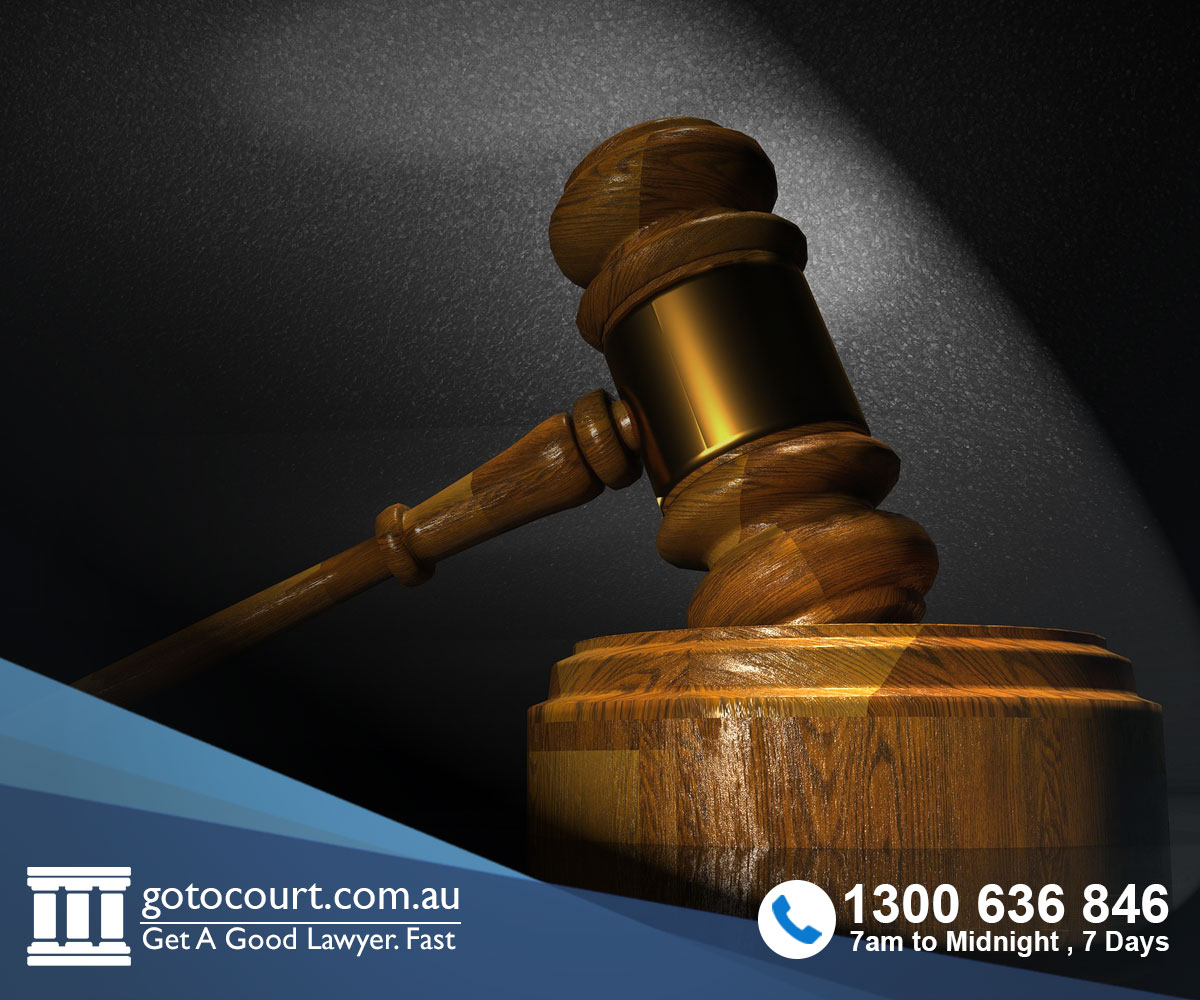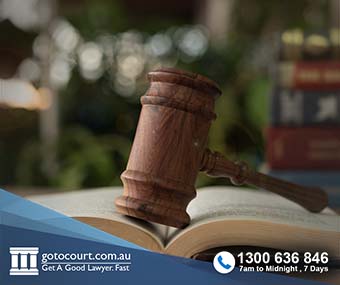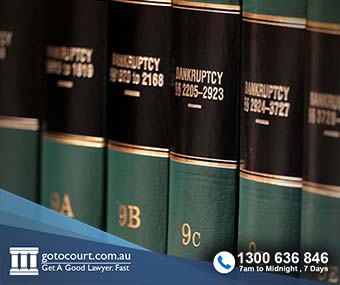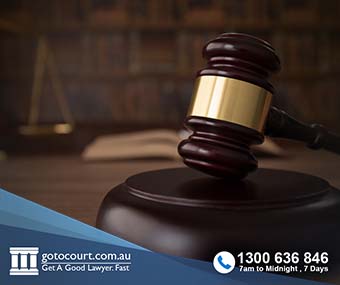Duty of Care (Qld)
Duty of Care (Qld)
A duty of care is a legal obligation imposed on a person to take a reasonable standard of care when doing acts that could foreseeably harm others. Duty of care is an element of the tort of negligence. If a person suffers injury as the result of another party’s negligent act or omission, the injured person is entitled to be compensated for their injuries. In some cases the existence of a duty of care is easy to establish, while in other cases it is less clear.
Established duty of care relationships
There are recognised relationships where a duty of care is always owed. They include:
- Landlord to tenant;
- Doctor to patient;
- Solicitor to client;
- Public authorities to members of the public;
- Occupier of private premises to entrant;
- Road user to road user;
- Manufacturer of goods to consumer;
- Supplier of services to consumer;
- Prison authority to prisoner;
Non-delegable duty
In relationships where there is a high degree of control exercised by one party and a special dependence or a special vulnerability by the other party, the duty owed is non-delegable, meaning liability cannot be avoided by passing the responsibility on to a third party.
A non-delegable duty of care applies to:
- Employer to employee;
- Hospital to patient;
- School to student.
Immunity from duty of care
Some relationships involve an immunity from duty of care. These include:
- Barristers conducting work in court;
- Rescuers assisting in an emergency, such as by giving first aid.
Does a duty of care exist?
When a person is injured due to an act or omission by a party and the relationship does not fall into any established category of relationship, courts must ascertain whether a duty of care was owed by applying the following principles:
- The harm must have been a reasonably foreseeable result of the defendant’s negligence;
- The harm suffered must be compensable and an infringement of a legally recognised right;
- Analogies must be able to be drawn with an established category of duty.
Was the duty of care breached?
In establishing whether a duty of care was breached, courts consider the following questions:
- Would a reasonable person in the defendant’s position have foreseen a significant risk of injury arising from their conduct?
- What would a reasonable person in the defendant’s position have done in response to that risk?
- Did the failure to do these things cause or contribute to the injury?
The defendant’s conduct will be assessed based on what was known to them at the time of the alleged breach.
The legislation
In Queensland, the common law test has been codified in Section 9 of the Civil Liability Act 2003, which provides:
(1) A person does not breach a duty to take precautions against a risk of harm unless—
(a) the risk was foreseeable (that is, it is a risk of which the person knew or ought reasonably to have known); and
(b) the risk was not insignificant; and
(c) in the circumstances, a reasonable person in the position of the person would have taken the precautions.
(2) In deciding whether a reasonable person would have taken precautions against a risk of harm, the court is to consider the following (among other relevant things)—
(a) the probability that the harm would occur if care were not taken;
(b) the likely seriousness of the harm;
(c) the burden of taking precautions to avoid the risk of harm;
(d) the social utility of the activity that creates the risk of harm.
Principles relating to breach of duty of care are also outlined in Section 305C of the Workers Compensation and Rehabilitation Act 2003.
A lower standard of care may be owed by a defendant in circumstances of emergency or if the defendant is a child or a person under a disability. A higher standard of care may be owed where the defendant holds themselves out as having special skills or expertise or where the plaintiff is a child and the defendant is an adult.
Can I make a negligence claim?
If you have suffered an injury because of someone’s negligence, you may be able to make a civil claim for damages. If you think you have a claim in negligence you should seek legal advice as soon as possible as strict time limits apply.
Circumstances where a person could make a claim for negligence include:
- Another driver went through a red light and collided with your car, injuring you or damaging your car;
- Your employer failed to provide a safe work environment and you got injured as a result;
- Your child’s school failed to supervise your child and you child was injured;
- A doctor performed an operation without due care and you were injured as a result;
The law of negligence is very broad and covers many situations that are not described above. If you require legal advice in a civil law matter or in any other legal matter, please contact Go To Court Lawyers.

Affordable Lawyers
Our Go To Court Lawyers will assist you in all areas of law. We specialise in providing legal advice urgently – at the time when you need it most. If you need a lawyer right now, today, we can help you – no matter where you are in Australia.How It Works




1. You speak directly to a lawyer
When you call the Go To Court Legal Hotline, you will be connected directly to a lawyer, every time.

2. Get your legal situation assessed
We determine the best way forward in your legal matter, free of charge. If you want to go ahead and book a face-to-face appointment, we will connect you with a specialist in your local area.

3. We arrange everything as needed
If you want to go ahead and book a fact-to-face appointment, we will connect you with a specialist in your local area no matter where you are and even at very short notice.

